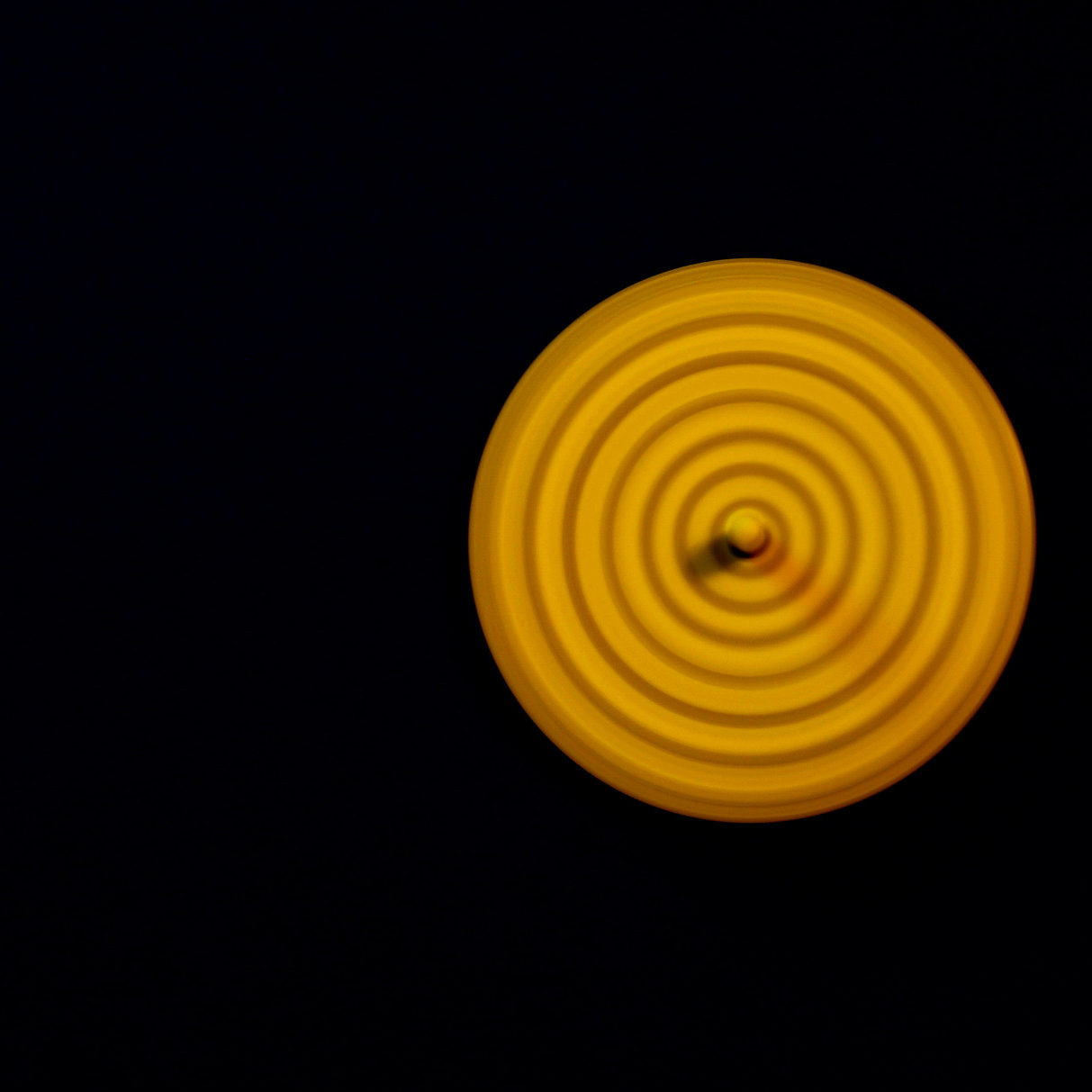Two Poems by Muyaka bin Haji al-Ghassaniy
introduced and translated by Richard Prins
Although Muyaka’s work was often transcribed during his lifetime, it was mostly transmitted orally, through performance and recitation at national dances, or even on the battlefield to embolden soldiers and intimidate enemies. In the late nineteenth century, some fifty years after his death, the scholars William Ernest Taylor and Mwalimu Sikujua went about collecting his work. They found no original manuscripts, but were able to recover some 180 poems from the memory of elderly Mombasans, a testament to Muyaka’s cultural significance. All of these poems were composed in the mashairi quatrain form, where eight-syllable hemistiches rhyme in the pattern abababbx, with x repeating throughout the poem (often as a refrain). As a translator of Muyaka, I believe capturing this form is of the utmost importance, not merely out of fealty to his poetic sensibilities, but to recreate the playful and oral music that made his work so alive and memorable to the people of nineteenth-century Mombasa. So why does my translation of “Dance of the Spinning Top” so blatantly violate the quatrain form? Muyaka’s audience would have heard the four syllables of “kiumbizi” and immediately envisioned its spinning figures and heard the clattering sticks. I did not think I could conjure this trope in so few syllables, or within such a rectangular visual form. Instead, my translation assumes the concrete form of a spinning top, resorting to a radical use of the page as a means of constructing an imaginary stage where the poem’s performative origins can be expressed. And hopefully, the cultural, political and poetic complexity of Muyaka’s invocation of kiumbizi can somehow be approximated. Modern footage of kiumbizi can be viewed here.
–Richard Prins
See Original Language See Translation
The World Is a Carcass
O the world is a carcass, a carcass and it festers.
A wholeness forms a crevice, a crevice growing vaster.
Anyone proud or honest has fled this town forever.
They spun around like spinners. Speakers, what can be spoken?
Dance of the Spinning Top
Mombasa
is Mkisi’s land.
If you wish to invade
her, then say farewell to
your friends, and your frivolous
sweethearts. Set sail with the southeast
winds, so you can fall on these shores. This
spinning-top dance of war; Mombasa can hit it,
too. This needs no dilly-dally, no this-that
and the other, if you are destined truly
to attack us where we are. Clattering
kiumbizi.* Shall we gaze at the
dancer’s stars. This spin-
ning-top dance of
war; Mombasa
can hit it
too.
* Kiumbizi is a bellicose dance, originating in Zanzibar and/or Lamu, in which alternating pairs of dancers spin around in circles while sparring with sticks. It has been argued that its origins date back to the Portuguese Empire, when native East Africans practiced defending themselves against frequent beatings with sticks. It is still performed at weddings to ward off evil spirits, or to resolve tensions between in-laws. At the time this poem was written, the Omani Empire had subjugated Zanzibar and was attempting to invade Mombasa with an army populated by Zanzibari mercenaries. Muyaka’s metaleptic invocation of a Zanzibari cultural form shames these mercenaries for selling out their Swahili identity—while surreptitiously suggesting alliance.
Ai Ulimwengu Jifa
Ai ulimwengu jifa, jifa uchao k’ongea;
Kizima hutenda ufa, ufawe ukaendelea;
Wenye fahari na sifa wondoshile K’ongowea;
Wamezinga kama p’ia! Wasemi tutasemeni?
Ngoma ya Kizungup’ia
Gongwa la Mwana Mkisi kwamba wataka lingia
Kaageni wenu mbasi wake na watumba goya
Muje kwa p’epo za kusi mupate kuangukia
Ngoma ya kizungup’ia Wagongwa waipigile.
Hayahitaji dasisi kusema haya na haya
Kama ya kunu Nuhasi kwamba mumeazimia.
Na tuzione rakisi kiumbizi kiumbia
Published on January 25, 2023

